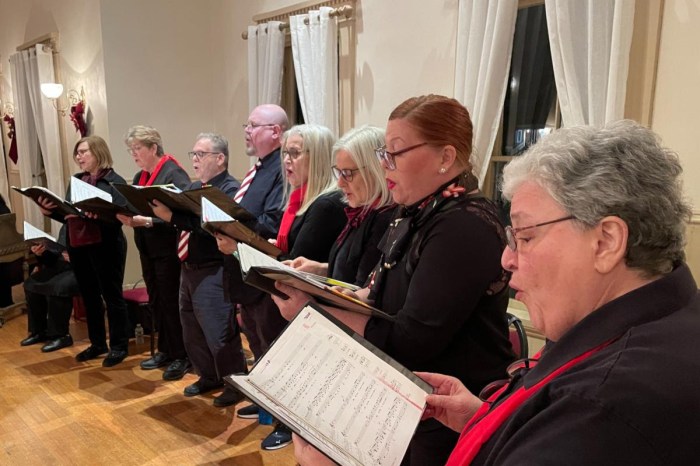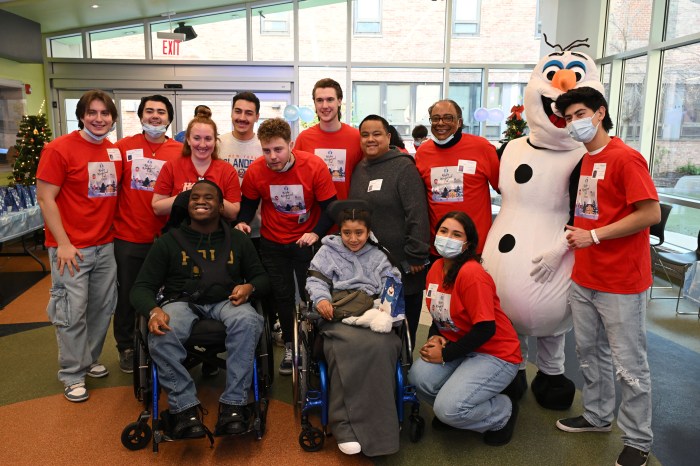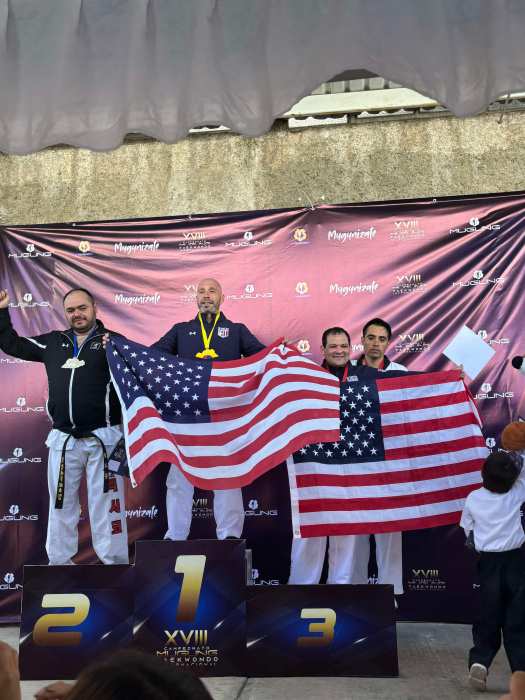Six years after the Keil Brothers nursery began certifying that their trees were free of Asian Longhorned beetles, the Bayside nursery continues to stock between 30 and 50 beetle-free trees at any time.
“It's a very serious situation. Most people don't realize how serious it is,” Ronald Keil said of the beetles, which are up to two inches long and have shiny, black bodies with white spots.
The beetles have continued to pop up across the borough - four trees infested with the beetles were found in Sunnyside since Thursday, September 28.
Because the beetle has no known predators in the United States, the U.S. Department of Agriculture (USDA) mandated in 1999 that host trees, including maples, elms, and willows that are sold in Queens can only be taken from those grown in quarantined areas and must remain in the quarantined New York area.
In addition, any wood material taken from quarantine areas should be inspected for beetles and their perfectly round exit holes, said Suzanne Bond from the USDA.
“Especially this time of year, people may want to take [firewood] grandmother's house, but the possibility exists that there could be beetles or beetle larva within those logs,” Bond said.
The creepy crawlers, - authorities believe that the beetles were inadvertently in shipping crates from China - which infest American hardwoods, kill the trees by boring into the trucks and branches. Currently, the only way to eradicate the bug is to chop and burn infested trees, but an insecticide, imidacloprid, has shown promising results in past tests.
Since 1998, the cost to remove the beetle infestations tops out over $168 million, and the USDA estimated that should the beetle expand beyond the current quarantined states - New York and New Jersey - the insect could destroy the nation's lumber, maple syrup, nursery, and tourism industries, and cost the country more than $41 billion.
Nevertheless, at the State and federal levels, the authorities are making progress in eradicating the bug, they say. Earlier this year, the last quarantine area in Illinois was lifted, removing it from the quarantine list.
In addition, more than 17,000 trees in Queens were treated this year, and the USDA performs random inspections of trees in quarantine areas.
Bond asked Queens residents to allow NY State Department of Agriculture or USDA officials doing random inspections to take a look at local trees, possibly in backyards and side yards, to make sure that they are beetle free.
A year before the Keil Brothers began certifying their trees and the year after Ronald Keil attended his first workshop about the insects, a large infestation was discovered in Bayside trees - one of seven large infestations in the city since the first discovery of the beetle in Greenpoint, Brooklyn in 1996.
Even seven years later, the Keil Brothers must take special precautions in where they trees can be transported.
“If someone comes in and they buy one of my maples . . . we can't ship it out of the quarantine,” Ronald Keil said. “We have to document every tree that we sell that is a host tree.”
Other known hosts for the beetles include London plane trees, birches, and Horse chestnuts or buckeyes, and the beetles have been known to take up residence also in silk trees, Hackberries, Ashes, Poplars, and European mountain ashes.
“Anything leaving the quarantine area [brush and undergrowth] has to be chipped and has to be dumped in certain land recycling places,” Keil said.
Keil said that customers occasionally come into his Bayside nursery on 48th Avenue and 211th Street, claiming to have an Asian Longhorned beetle infestation, which then prompts Keil to call the USDA and the state. More often then not, however, the beetles are of a less harmful variety, he said.
“In most cases it's not the Asian Longhorned beetle. People are just fearful that they may have it,” Keil said.



































